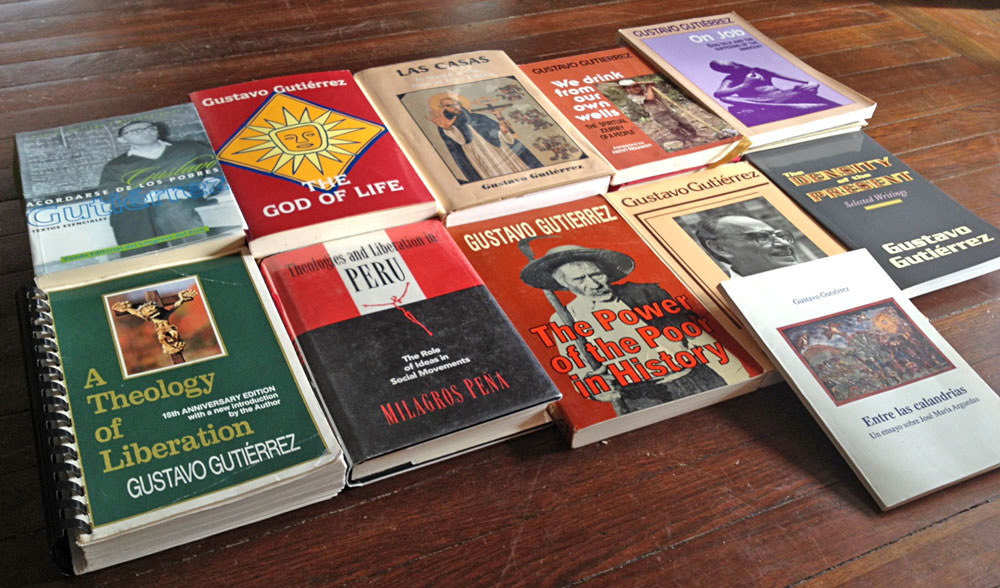A careful reading and critical retrieval of Gutiérrez, an early pioneer of Latin American liberation theology, who formulated his work in diverse ecclesial settings of Latin America, especially shaped by developments in his Lima parish and in Peru, generally. Simultaneously he faced challenges posed by the “Shining Path” guerrilla movement in Peru, and a government there that maintained devastating economic and political agendas of the U.S. and global North. An exposure for students to the liberating spirit at work in Gutiérrez’s view of Christian practice and belief.
Significant attention is also given in this course to more recent and contemporary changes, criticisms and developments since Gutiérrez’s work, looking at Latin American feminist, decolonial and intercultural theorists and theologies (Gloria Anzaldua, Enrique Dussel, Elsa Tamez, Eduardo Mendieta, María Pilar Aquino, Walter Mignolo, Emma Pérez, Naomi Quiñones, and more). Background perspective provided by looking at Latin American political theorists, philosophers and indigenous thinkers (e.g. José Mariátegui, Severo Martínez Peláez, Jung Mo Sung, María Herrera Lima, Santiago Castro-Gómez, Antonio Otzoy, Demetrio Cojtí). Special attention by panels given to U.S. Latino/a theologies, in these contexts.
